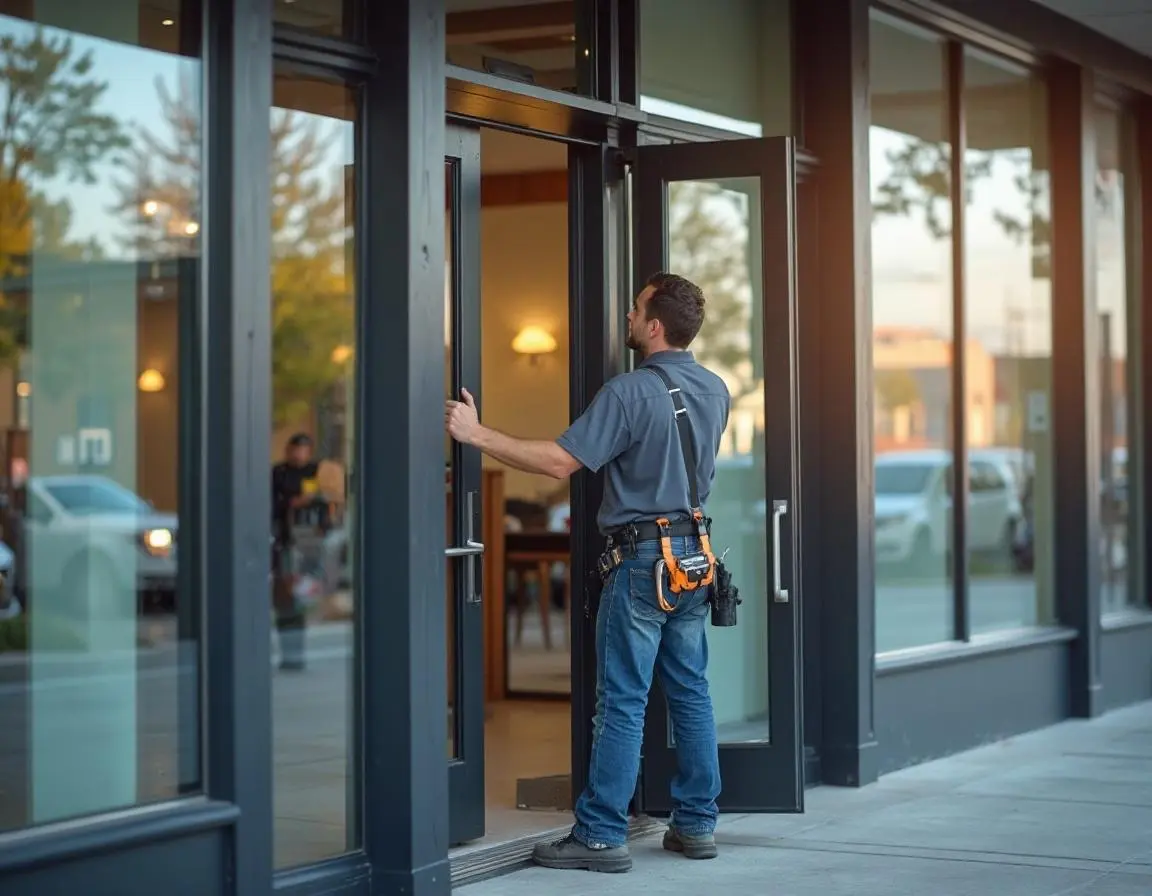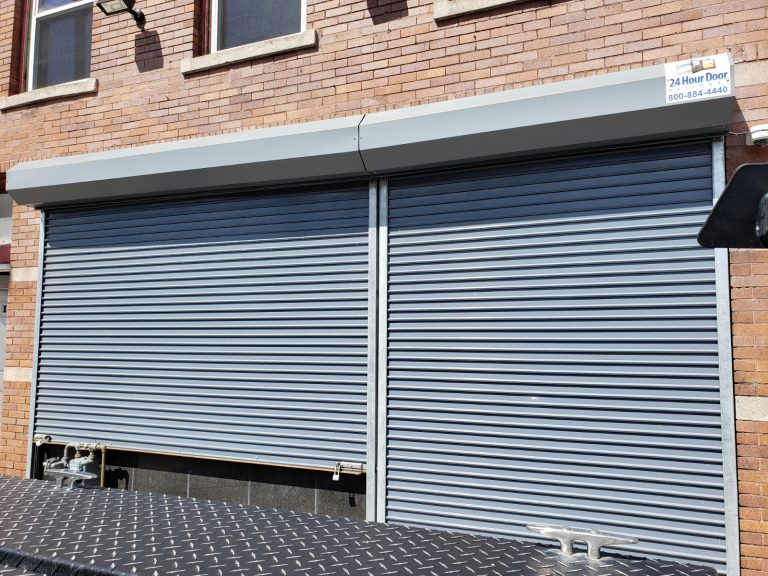How Much Does It Cost To Replace A Commercial Door?
Introduction: Understanding the Importance of Commercial Doors
When it comes to the functionality and aesthetics of a business, commercial doors play an essential role. Whether it’s a storefront, an office building, or a warehouse, these doors not only provide security but also contribute to the overall look and feel of your establishment. As time rolls on, wear and tear is inevitable—prompting many business owners to ask: How much does it cost to replace a commercial door? In this comprehensive article, we will explore everything you need to know about commercial door replacement, including costs, types of doors available, and factors influencing pricing.
How Much Does It Cost To Replace A Commercial Door?
Replacing a commercial door can range anywhere from $500 to $5,000 or more. The price largely depends on several factors such as the type of door, materials used, additional features (like security systems), labor costs in your area (including commercial door repair Rochester), and whether you’re opting for a standard model or custom-built solution.
Factors Influencing Replacement Costs
1. Type of Commercial Door
Different types of commercial doors serve various purposes. Here are some common types that impact costs:
- Hollow Metal Doors: Typically used for their strength; prices range from $600 to $3,000.
- Wooden Doors: Often chosen for aesthetic appeal; they can cost anywhere from $800 to $2,500.
- Glass Doors: Ideal for storefronts; expect to pay between $1,000 to over $5,000 depending on size and design.
2. Material Costs
The material you choose greatly affects the overall price. Metal doors are generally more durable but may cost more upfront. Wooden doors offer warmth but require maintenance over time.
3. Customization Options
Custom doors often come with higher price tags due to unique designs or specialized hardware. If you want a specific color or finish, be prepared for additional costs.

4. Location and Labor Costs
Labor rates vary by region and can significantly impact your total cost. In areas like Rochester where specialized companies offer services like commercial door repair Rochester, expect competitive pricing.
5. Additional Features
Consider adding features like electronic locks or automatic openers—these can further increase the total expense but enhance convenience and security.
Average Cost Breakdown: What Can You Expect?
Here’s a table summarizing average costs based on different door types:
| Type of Door | Average Cost Range | Notable Features | |-----------------------|--------------------------|-----------------------------------| | Hollow Metal | $600 - $3,000 | Durable & Secure | | Wooden | $800 - $2,500 | Aesthetic Appeal | | Glass | $1,000 - $5,000 | High Visibility & Modern Look | | Fiberglass | $1,200 - $4,500 | Lightweight & Insulating | | Specialty (Custom) | Varies | Unique Designs |

Is It Worth Replacing Your Commercial Door?
Absolutely! While the upfront investment may seem substantial at first glance, consider the long-term benefits such as improved energy efficiency (if replacing an old drafty door), enhanced security features that protect your business assets better than before, and even upgraded aesthetics that might attract more customers.
Common Types of Commercial Doors Explained
1. Hollow Metal Doors: Strength Meets Security
Hollow metal doors are known for their durability and security features. They are typically made from steel sheets with an internal honeycomb core that makes them strong yet lightweight.
Pros:
- Excellent durability
- Highly secure against break-ins
Cons:
- Limited aesthetic options
- Can rust if not properly maintained
2. Wooden Doors: Classic Elegance
Wooden commercial doors offer warmth and charm that can elevate any entryway's look. They come in various finishes and styles suitable for offices or retail spaces.
Pros:
- Variety in design options
- Good insulation properties
Cons:
- Requires regular maintenance
- More vulnerable to damage compared to metal
3. Glass Doors: Modern Appeal with Visibility
Glass commercial doors provide both style and visibility—great for storefronts looking to showcase products inside.
Pros:
- Attracts customers
- Provides natural light
Cons:
- Less secure unless reinforced
- Higher replacement costs if broken
4. Fiberglass Doors: Lightweight Yet Sturdy
Fiberglass doors are increasingly popular due to their lightweight nature coupled with durability resistant to weather conditions.
Pros:
- Energy efficient
- Resistant to rust and corrosion
Cons:
- May crack under extreme pressure
- Limited color choices compared to wood
5. Specialty Doors: Tailored Solutions for Unique Needs
Specialty doors encompass custom designs tailored specifically for client needs—be it fire-rated doors or soundproof options in certain environments.
Pros:
- Highly tailored solutions
- Can meet specific safety requirements
Cons:
- Typically higher cost due to customization
- Longer lead times for manufacturing
Installation Process Overview
Replacing a commercial door involves several steps:
Step 1: Assessing Your Current Door Condition
Before proceeding with any replacement plans:
Step 2: Choosing Your New Door Type
As discussed earlier:
Step 3: Hiring Professionals vs DIY Installation
While some may opt for DIY methods:
View websiteStep 4: Measuring Your Space Accurately
Proper measurements guarantee fitment without complications during installation:
Step 5: Final Installation Steps & Adjustments
Once everything’s ready:
Maintenance Tips for Longevity of Commercial Doors
To ensure longevity post-installation consider these maintenance tips:

Regular Inspections
Check hinges regularly; lubricate moving parts every few months!
Cleaning Routine
Dust off surfaces weekly reducing dirt buildup which can affect aesthetics over time!
Address Minor Repairs Promptly
If you notice scratches or chips get those fixed early before they escalate into larger issues requiring full replacements down line!
FAQs About Replacing Commercial Doors
Q1: What is the average lifespan of a commercial door?
A1: Most commercial doors last between 10–30 years depending on usage frequency & material quality!
Q2: Can I replace just one part of my existing door?
A2: Yes! Sometimes it's possible only needing hinge replacements rather than entire unit swaps depending upon damage extent!
Q3 : How do I know if my current door needs replacing?
A3 : Look out for signs such as difficulty opening/closing issues along with visible damages like dents/scratches indicating wear-and-tear necessitating replacements soon!
Q4 : Are there energy-efficient options available?
A4 : Absolutely! Many modern-day models incorporate insulating technology reducing energy bills long term while keeping premises comfortable year-round!
Q5 : Should I hire professionals for installation?
A5 : While DIY is an option hiring pros guarantees accurate installations saving potential headaches later down road should mistakes occur during setup phases!
Q6 : Do I need permits when replacing my commercial door?
A6 : That largely depends upon local regulations; checking with city codes beforehand would ensure compliance throughout process avoiding future fines/penalties later down line!
Conclusion
In summary , understanding how much does it cost to replace a commercial door requires careful consideration about various factors including type/material selected alongside regional labor rates . Investing wisely today can yield significant returns tomorrow through enhanced security , improved aesthetics , increased efficiency while ultimately boosting overall customer satisfaction levels ! So don’t wait too long — evaluate your current situation today , assess what works best , then reach out trusted experts handling things seamlessly allowing focus back towards running successful enterprise without distractions involved replacement processes themselves!